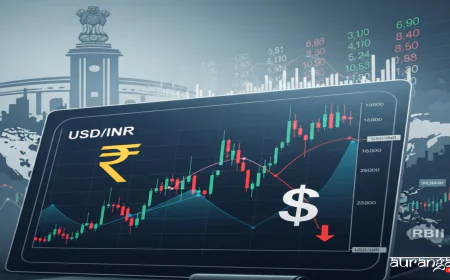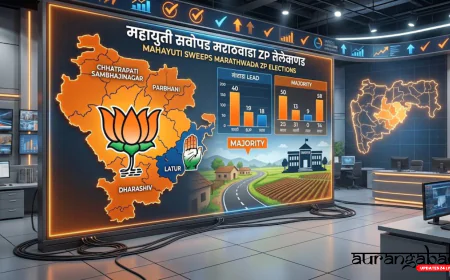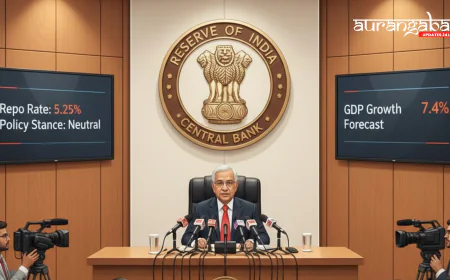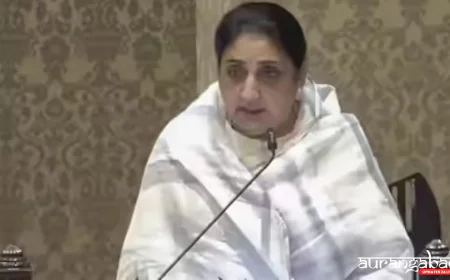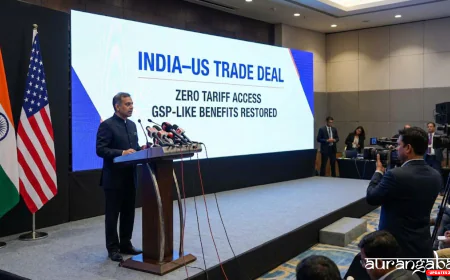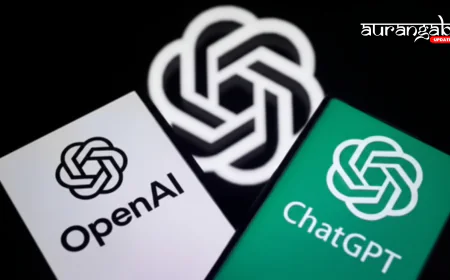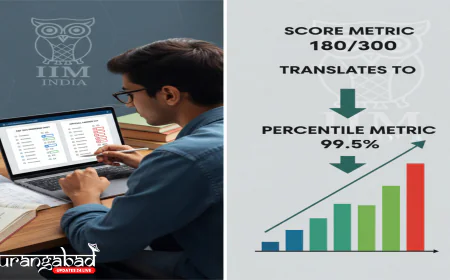UAE Card Fees for Foreign Transactions Rise: Expats' Guide to Avoiding Extra Charges
UAE banks are increasing international card usage fees to 3.14% from September 22, impacting expats. Discover strategies to avoid these extra charges, including multicurrency cards, choosing the right bank card, and opting for local currency abroad.
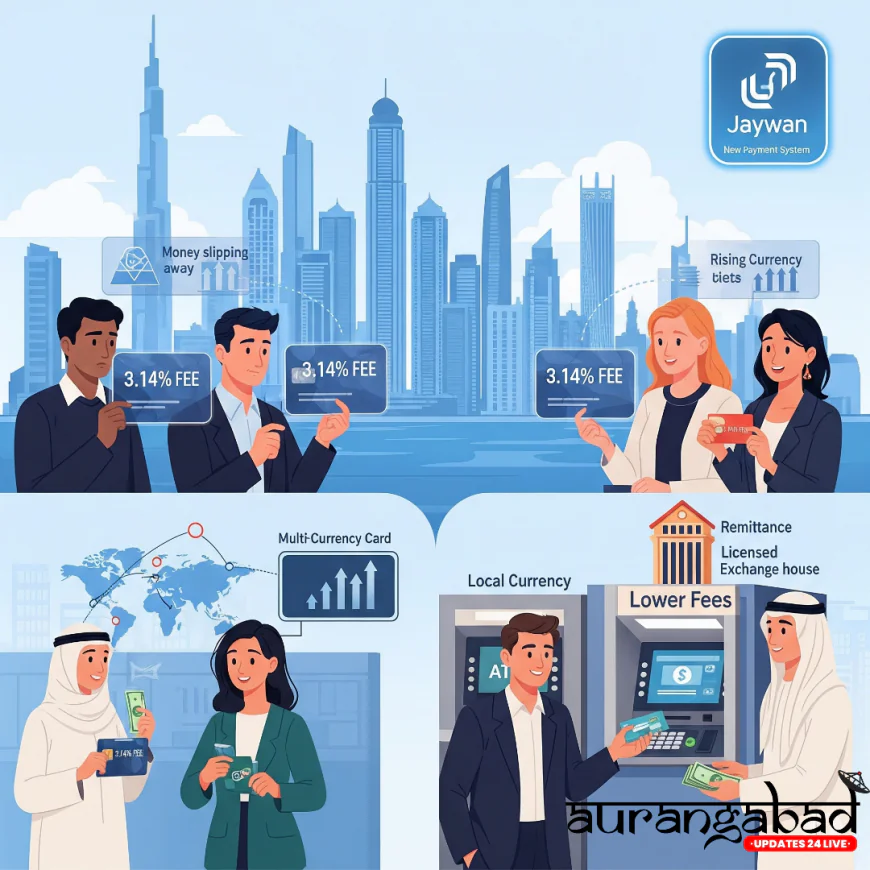
DUBAI: Expatriates living in the United Arab Emirates who frequently use their debit or credit cards for international transactions, be it for online shopping from overseas retailers, sending remittances home, or while traveling abroad, are set to face higher costs. From September 22, banks across the UAE will implement an increased international card usage fee, rising to 3.14% per transaction. This new charge, while seemingly a minor percentage, can accumulate significantly for frequent users, making it crucial for expats to understand its components and explore strategies to mitigate its impact.
This impending increase highlights the evolving landscape of international banking fees and underscores the importance of financial literacy for the UAE's diverse expatriate community. While the UAE continues to be a global hub for business and talent, such adjustments to banking costs necessitate a re-evaluation of personal financial habits, especially for those with cross-border financial needs.
Understanding the New Fee Structure: The 3.14% Breakdown
The new 3.14% international card usage fee is not a single, flat charge levied by local banks. Instead, it is a composite fee comprising two distinct components:
-
Global Card Network Fee (1%): This portion is levied by the international card networks themselves, primarily Visa and Mastercard. This 1% fee is a standard charge for currency conversion services when a transaction is made in a foreign currency. It covers the costs associated with facilitating cross-border payments and converting one currency to another within their vast global networks. This fee is often present but may sometimes be absorbed or waived by certain premium cards.
-
Local Bank Processing Fee (2.14%): This additional percentage is what UAE-based banks will be adding as their own processing fee for international transactions. This component covers the bank's operational costs, risk assessment, and the infrastructure required to process foreign currency transactions. It's this 2.14% addition by local banks that primarily contributes to the overall increase in charges for customers.
Therefore, every time an expat uses their UAE-issued card for an online purchase from an international website, withdraws cash from an ATM overseas, or makes a payment while traveling in a foreign country, they will incur this combined 3.14% charge on the transaction amount.
The Direct Impact on Expats: Beyond the Percentage
The cumulative effect of this 3.14% fee can be substantial for expatriates who often have significant international financial footprints:
-
Online Shopping: Expats frequently engage in cross-border online shopping, purchasing goods from their home countries or international retailers. The new fee means that every such transaction will effectively cost an additional 3.14%, adding up quickly on larger purchases.
-
Remittances: While many expats use dedicated money transfer services for sending remittances, some may still rely on card-based payments for smaller or urgent transfers. These transactions will now be more expensive.
-
International Travel: When traveling outside the UAE, using a local debit or credit card for payments or ATM withdrawals will incur this fee, making spending abroad more costly unless alternative strategies are employed.
-
Impact on Financial Planning: For expats meticulously managing their budgets, especially those with family obligations abroad, these new charges necessitate a review of their spending habits and financial planning strategies.
Smart Strategies for Expats: Avoiding the Extra Charges
To effectively reduce or entirely avoid these new international card usage fees, financial experts and banking advisors suggest several prudent strategies for expatriates in the UAE:
-
Embrace Multicurrency Cards or Wallets: This is often the most effective solution for frequent international travelers and online shoppers. Several UAE-based fintech platforms offer prepaid travel cards or multicurrency digital wallets. These products allow users to load funds in multiple foreign currencies (e.g., USD, EUR, GBP, INR) at competitive exchange rates before travel. Once funds are loaded in the local currency of the destination, transactions typically occur without foreign transaction fees, as no currency conversion is needed at the point of sale. This also helps in locking in favorable exchange rates, protecting against currency fluctuations.
-
Select the Right Bank Card: It is advisable for expats to review their existing bank cards and consider exploring other options. Certain premium credit cards offered by some banks in the UAE may waive international transaction fees as a perk. However, these cards often come with specific eligibility requirements, such as higher minimum income thresholds, and may carry substantial annual fees. Expats should carefully weigh the benefits against the costs to determine if such a card is financially viable for their usage patterns.
-
Always Opt for Local Currency Abroad (Avoid DCC): This is a critical piece of advice for anyone using a card overseas. When making purchases or withdrawing cash from an ATM abroad, if you are given the option to pay in UAE Dirhams (AED) instead of the local currency (e.g., USD in the US, EUR in Europe), always choose to pay in the local currency. This practice helps avoid Dynamic Currency Conversion (DCC). DCC is a service offered by some merchants that converts the transaction into your home currency (AED) at the point of sale. While it may seem convenient, the exchange rates used by DCC providers are often unfavorable, and hidden charges are common, leading to higher overall costs than your bank's conversion rate. By choosing the local currency, your bank performs the conversion, which is typically more transparent and cost-effective.
-
Explore Alternative Remittance Channels: For cross-border payments and sending money home, reduce reliance on card-based remittances. Instead, expats should explore more cost-effective alternatives such as direct bank transfers or utilizing licensed exchange houses. These traditional remittance channels typically have lower overall fees, more transparent exchange rates, and often offer better value for larger transfer amounts compared to card payments. Digital money transfer services offered by fintech companies may also provide competitive rates.
The Future of Payments: Jaywan and Beyond
The UAE's financial landscape is continuously evolving, with a strong push towards digital transformation and the introduction of innovative payment solutions. The upcoming launch of Jaywan, a new UAE-based domestic payment system, is expected to play a significant role in this evolution. While still in its early stages of development and implementation, Jaywan is designed to offer smoother and potentially cheaper international transactions within the region and potentially beyond. Such initiatives aim to reduce reliance on international card networks and provide more localized, cost-effective payment rails.



